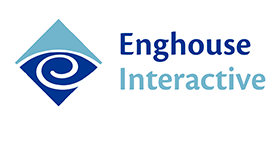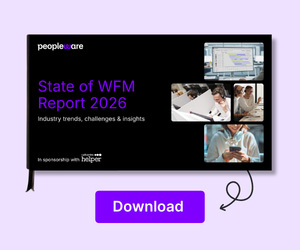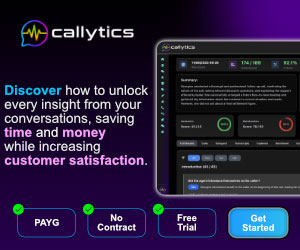Helen Billingham of Enghouse Interactive discusses how organizations can better use their knowledge to bolster customer satisfaction.
Being able to deliver fast, accurate and consistent information to consumers and their queries has always been a central part of successful customer service.
In the current crisis, its importance has deepened even more – knowledge is vital to delivering seamless, reassuring customer service that meets changing consumer needs.
At the same time, it has never been more difficult to provide up-to-date information across multiple channels.
Customer service and knowledge teams are scattered and working from home, knowledge is changing rapidly and consumer expectations are rising.
What impact is this having on customer experience in the COVID-19 era and what key lessons are there that businesses can take away and build on?
To find out, Eptica, an Enghouse Interactive company, surveyed 1,000 UK consumers about their information needs and how they are currently being met.
The five key findings of the 2020 knowledge study were:
1. Consumers Are Demanding More Knowledge, Across More Channels
A quarter (25%) of people said they were contacting businesses more thanks to the crisis, all looking to get up-to-date information. 74% were visiting company websites either the same amount or more (26%).
None of this is surprising – at a time of unparalleled disruption, things are changing rapidly, and consumers want the security of knowing that they have the latest information at their fingertips.
58% agreed that they wanted reassurance around areas such as opening hours, delivery timescales and stock levels.
2. Consumers Want Control
At a time when it can feel as if control has been removed over much of our daily lives, consumers want the ability to manage how – and when – they find information.
57% want to access knowledge via company websites, rather than having to email or call, as this gives the ability to find answers to their own questions themselves without relying on companies to respond.
Self-service also benefits businesses as it deflects queries from resource-intensive channels (such as the phone), meaning agents can focus their time on supporting customers with more complex needs.
3. Consumers Value Knowledge – Now and in the Future
On the positive side, 55% of consumers are generally happy with the information companies are providing, but a third (34%) were frustrated by the lack of up-to-date knowledge shared by many businesses.
The impact of not delivering on current needs will be felt long into the future – 59% said they would be loyal to companies that provide them with accurate, trustworthy information now.
4. Consumers Have High Expectations
People want to be able to switch between channels seamlessly and be confident that they are receiving the same information.
Yet 43% weren’t confident that answers were consistent between channels – and 41% complained that media stories were more up-to-date than company websites.
Ensuring that knowledge is quickly updated and shared across every channel is therefore vital to build the reassurance that consumers require, particularly in current times.
5. Consumers Want Agile Knowledge
All of these factors add to the pressure on businesses who are trying to deliver up-to-date knowledge in an ever-changing world, often with fewer resources than before.
What is needed is a more agile, dynamic approach that makes it easy and fast to collect, check and publish knowledge, using consumer and employee feedback to constantly update it to make sure it is both accurate and meeting changing customer needs.
Essentially, businesses need to shorten the time between collecting and publishing knowledge if they are to provide the reassurance that consumers require.
To help organizations transform their knowledge operations to deliver the responsiveness that consumers require, we have published an in-depth guide on the importance of agile knowledge.
To download a copy of the report, click here!
This blog post has been re-published by kind permission of Enghouse Interactive – View the Original Article
For more information about Enghouse Interactive - visit the Enghouse Interactive Website
Call Centre Helper is not responsible for the content of these guest blog posts. The opinions expressed in this article are those of the author, and do not necessarily reflect those of Call Centre Helper.
Author: Enghouse Interactive
Published On: 1st Feb 2021 - Last modified: 2nd Feb 2021
Read more about - Guest Blogs, Enghouse Interactive






 Enghouse Interactive delivers technology and expertise to help bring your customers closer to your business through its wide range of customer contact solutions.
Enghouse Interactive delivers technology and expertise to help bring your customers closer to your business through its wide range of customer contact solutions. 





























